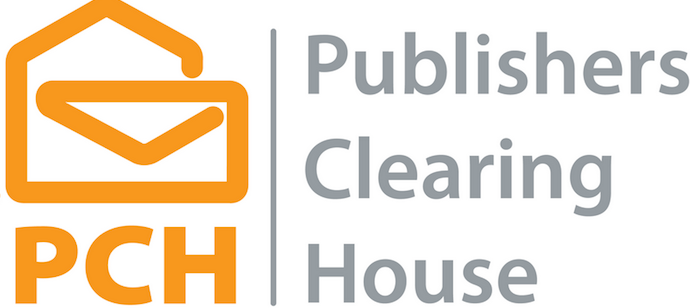Senate Investigates Publishers Clearing House Amid Allegations Of Deceptive Marketing
 For years the friendly faces at Publishers Clearing House have been giving consumers hope that they’ve won or are about to win a fabulous prize. But does the company mislead consumers with deceptive sweepstakes promotions? In some instances, yes, a new report has found.
For years the friendly faces at Publishers Clearing House have been giving consumers hope that they’ve won or are about to win a fabulous prize. But does the company mislead consumers with deceptive sweepstakes promotions? In some instances, yes, a new report has found.
A Senate Special Committee on Aging investigation [PDF] found numerous examples of how Publishers Clearing House solicitations appear to “push the limits” of federal law and settlement agreements reached with state Attorneys Generals over the last 20 years.
“I’m all for folks winning prizes but it concerns me when seniors still report they’re being misled by Publishers Clearing House,” said Sen. Bill Nelson, of Florida, said in a news release. “If people are concluding that they have to buy something to enter or win the sweepstakes, then we need to make sure that gets corrected.”
The investigation began after the committee received reports of senior citizens who make frequent purchases from PCH.
In one case, an elderly man from Pennsylvania was convinced he was about to win a big price from PCH. He called his son to be on hand for the giveaway. Later, the son discovered that his father had spent more than $2,600 on PCH merchandise over two years in the hopes it would improve his chance of winning.
The crux of the issue lies in whether or not the company mislead consumers by giving them the impression they had won or were close to winning a prize, or that buying products or subscriptions increases their odds of winning. The use of such misleading solicitations would be in violation of the settlement agreements and of a law that regulates sweepstakes mailing.
In 1999, the U.S. Senate Permanent Subcommittee on Investigations’ hearing on deceptive sweepstakes mailings and promotions led to the enactment of the Deceptive Mailing Prevention and Enforcement Act. The law requires mailings to include the odds of winning a prize, rules of the contest, and a statement that no purchase was necessary.
In 2000, PCH agreed to pay $18 million, including $15.9 million in restitution to consumers after settling with 23 states and the District of Columbia over allegations that it misled consumers into believing they were close to winning a prize, and that ordering magazines and other merchandise would increase their chances. Ultimately, the company did not admit to any wrong doing.
The same issue was settled in 2001 with 26 states leading the company to pay another $34 million in restitution and fines. In 2010, the company settled with 33 states and the District of Columbia over allegations it violated the 1999 agreements; the case was settled for $3.5 million.
During the most recent investigation the Committee on Aging found the following solicitations to be potentially misleading:
- Solicitations that incorporated maps of the recipient’s neighborhood, along with a statement that a prize is “approved for delivery.”
- Letters accompanied by “Stay Rich Tips for New Winners” inserts which tell recipients to “buy and spend smart” and to “contact a reputable accountant or financial advisor.”
- Envelopes used for mailing in sweepstakes entries that include detachable notices that read: “OOPS! Did you forget to place an order?”
- Various warnings that appear when a consumer is entering a sweepstakes online, including “Order History Review: No Order Ever Placed” and “Wait! We See That You Are Not Placing an Order!”
Additionally, the committee reviewed a number of consumer complaints against the company, many of which detailed the exact messages previous settlements sought to eliminate.
The report concludes that new legislation may be needed to better protect consumers from email and online sweepstakes promotions.
Publishers Clearing House Sweepstakes Solicitations Under Scrutiny [Senate Committee on Aging]
Want more consumer news? Visit our parent organization, Consumer Reports, for the latest on scams, recalls, and other consumer issues.

